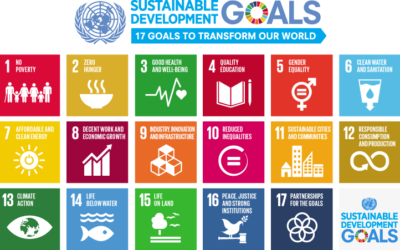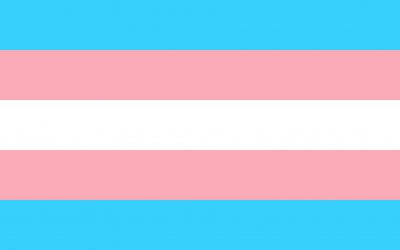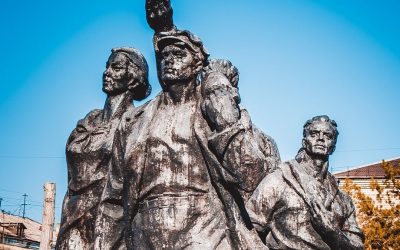Uznaje się, że sprawiedliwość w odniesieniu do płci jest kluczowym elementem praw człowieka w kontekście biznesu. Niestety na przykład, kobiety jako pracownice są często najgorzej opłacane i traktowane. Nierzadko kobiety są pozbawione prawa do ziemi i wywłaszczane; kobiety, które protestują przeciwko nadużyciom korporacji są coraz częściej atakowane. A przecież ich rola w kreowaniu pozytywnych rozwiązań jest nieoceniona. Przykładowo, walka kobiet o godną pracę i płacę toruje drogę do zmian na lepsze w przypadku wielu innych praw, jak prawo do mieszkania, zdrowia i edukacji. Kobiety organizują się w walce o prawa człowieka w takich obszarach jak równość płac, #MeToo w środowisku pracy, a także prawa do gruntów.
Dyskryminacji ze względu na tożsamość mogą doświadczać osoby wszystkich płci, w tym osoby transpłciowe, niebinarne i/lub niewpisujące się w tradycyjne role społeczne.
Kwestii równości płci w obszarze praw człowieka i biznesu stopniowo poświęca się coraz więcej uwagi. Jest to budująca tendencja, a obecnie bardzo ważne jest dostrzeżenie oraz docenienie głosu i roli przywódczej kobiet. Należy także zauważyć, jak wiele innych ról odgrywają kobiety: są obrończyniami praw człowieka, wytwórczyniami żywności, pracownicami firm i opiekunkami.
Więcej informacji uzyskasz na dedykowanym problematyce równości płci portalu – Business & Human Rights Resource Centre’s gender portal.
Materiał wideo [tylko w jęz. angielskim]: https://www.youtube.com/watch?v=e_m5VVlH5DE&ab_channel=InterPraxisSustainability










